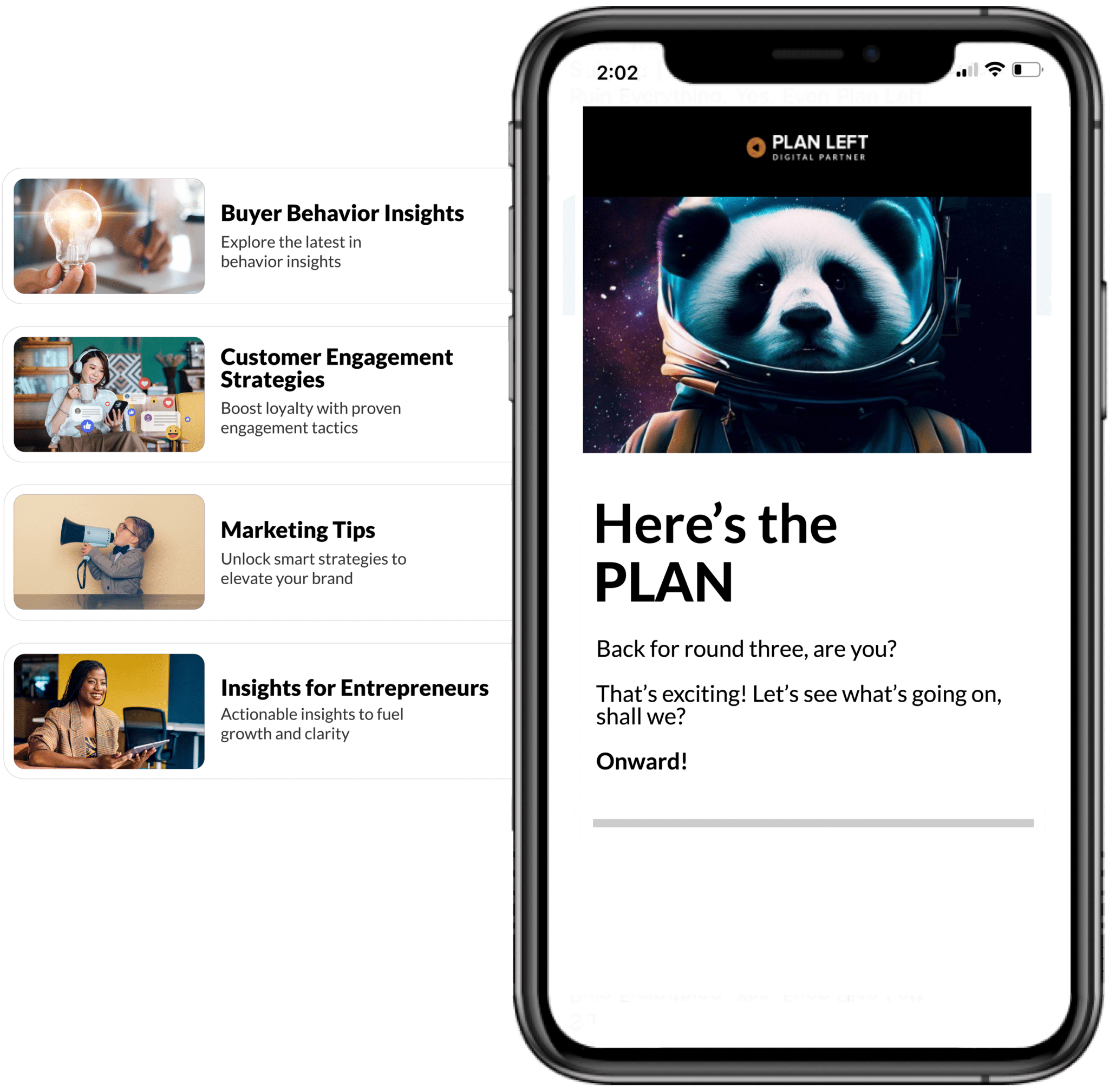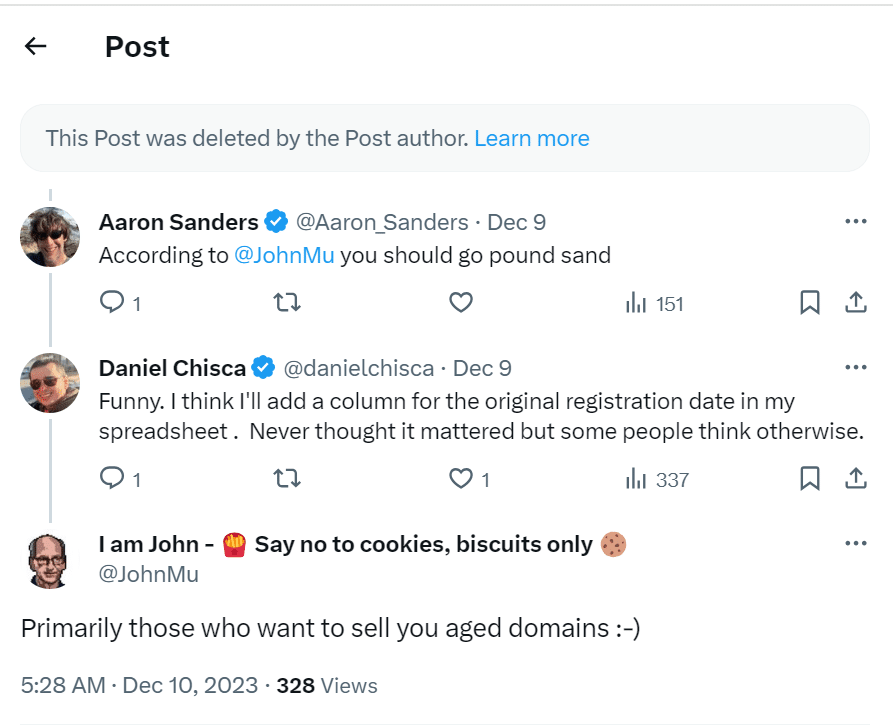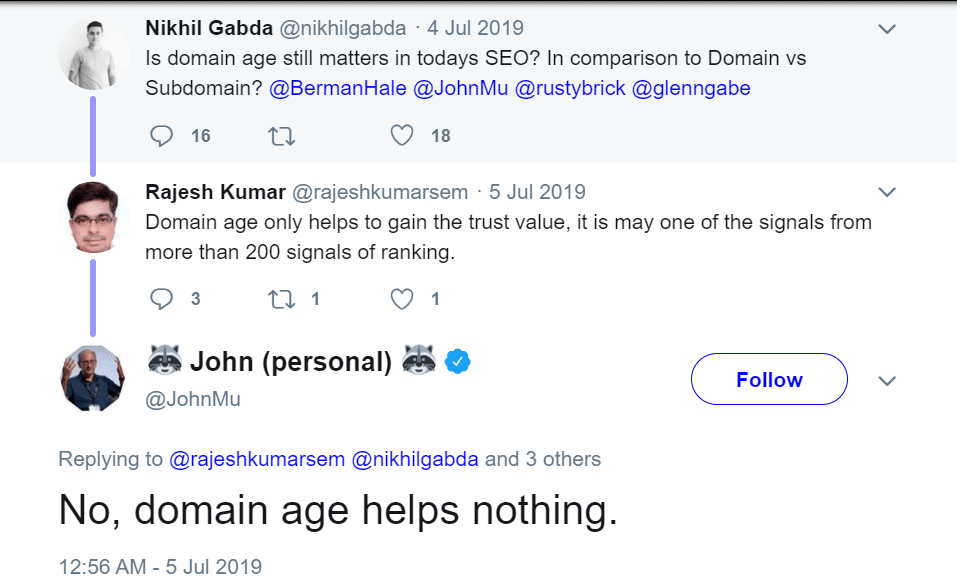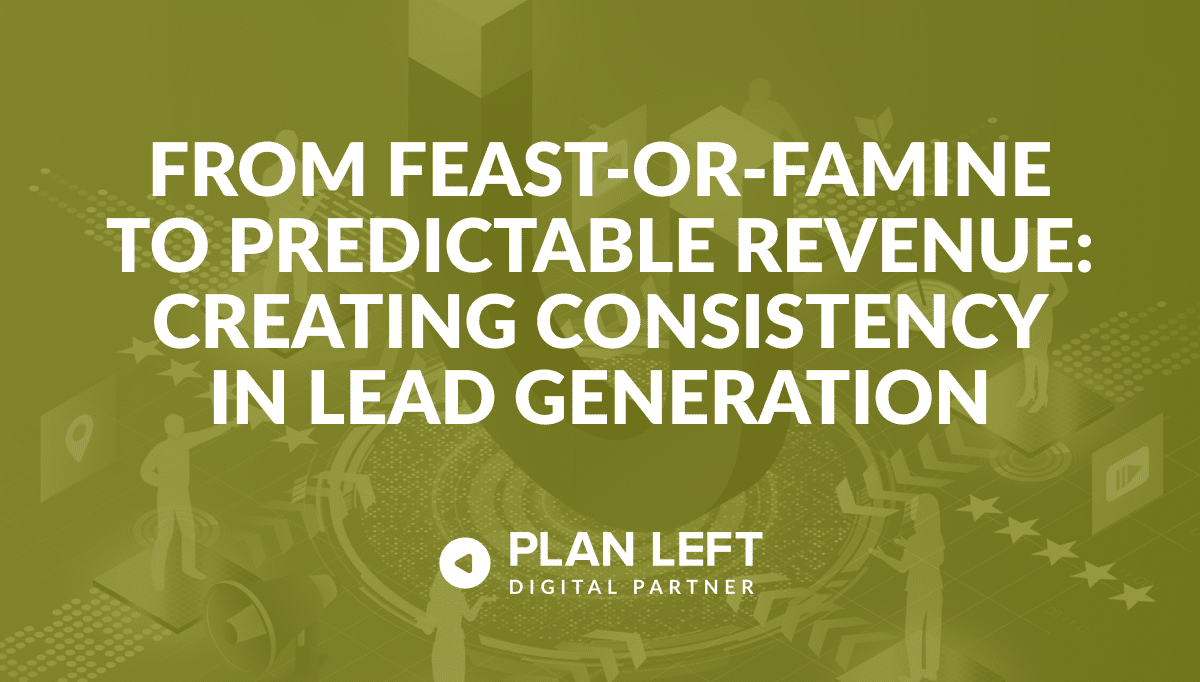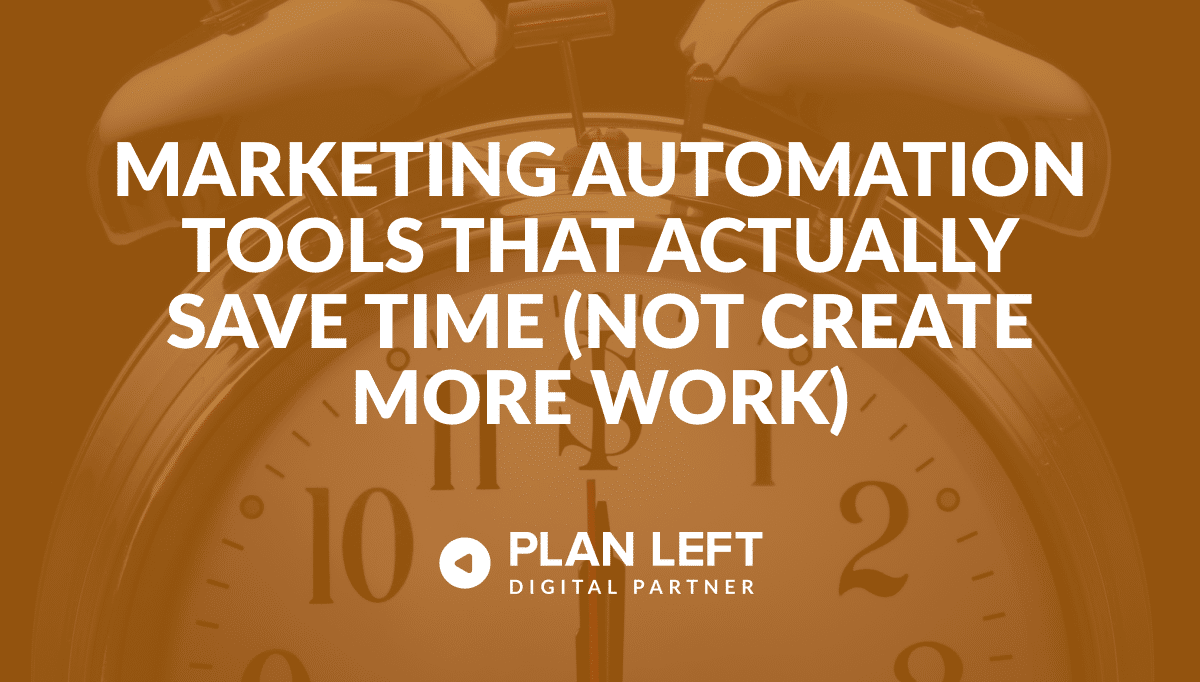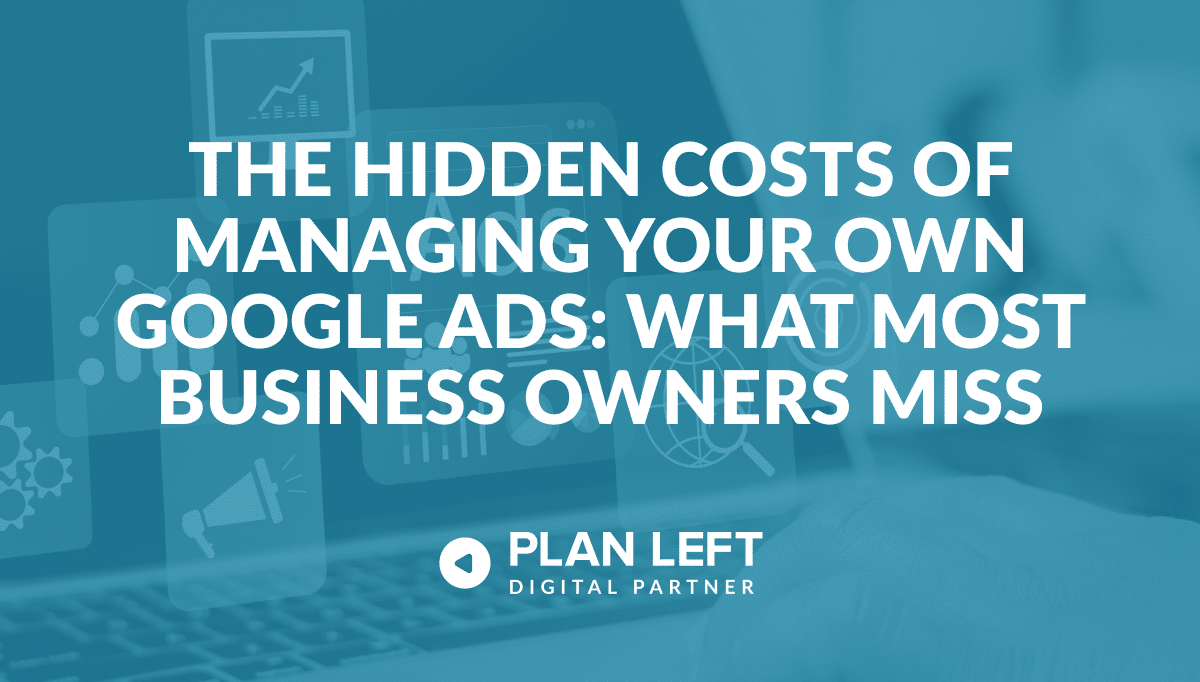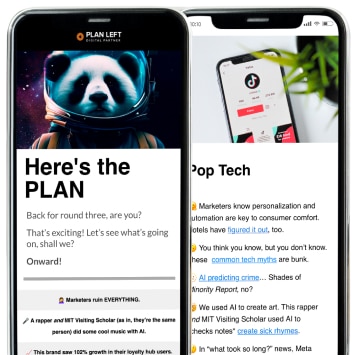
This week, we’re diving into the buzz around Google’s shift from backlinks to brand mentions. Is this the new SEO game-changer? How will this reshape the landscape of digital marketing? From finding out domain age doesn’t matter to hours of operation impacting search results, we’ve got a lot to cover.
Domain Age Doesn’t Matter
John Mueller of Google has clarified that the age of a domain does not aid in search rankings, suggesting that this misconception is often propagated by those selling aged domains. The belief in the significance of domain age as a ranking factor likely stems from a misreading of Google’s patent titled “Information retrieval based on historical data.”
This patent discusses the use of domain-related information for identifying spam sites, not for providing ranking bonuses to older domains. It notes that, while legitimate domains are often registered for longer periods, this observation is used to identify spam rather than to enhance the ranking of legitimate sites.
John Mueller has now come out twice, once in 2019 and again in December 2023, saying domain age is not a ranking factor.
Furthermore, there is no evidence or patent suggesting that Google uses domain age as a ranking factor. The information about domain age is used to detect spam, not as a ranking signal.
GA4 Adapts for Cookie Depreciation
Google is rolling out new features in Google Analytics 4 (GA4) to adapt to the upcoming depreciation of third-party cookies in Chrome, starting in 2024. This is part of Google’s Privacy Sandbox initiative to enhance user privacy while maintaining effective ad performance metrics.
The new features help advertisers navigate the changes to online advertising as third-party cookies are phased out, focusing on preserving user privacy while maintaining effective ad performance. This update will include:
- Protected Audience API: Integrated into GA4, this API allows advertisers to reach audiences post third-party cookie phase-out. It enables remarketing without relying on third-party cookies, using browser algorithms to select relevant ads based on user activity and advertiser inputs.
- Enhanced Conversions: This feature improves the accuracy of conversion measurements by capturing and hashing customer data like email addresses during web conversions and then matching it with Google account interactions.
- User Consent Compliance: Emphasizes the importance of adhering to the EU user consent policy, especially for traffic from the EEA. Advertisers should use Google-certified consent management platforms or upgrade to the latest consent mode.
- AI Essentials for Ad Performance: Recommends adopting AI-powered campaigns, engaging in Smart Bidding, and exploring video campaigns on platforms like YouTube to maintain ad performance in the absence of third-party cookies.
- Preparation for Cookie Phase-Out: Advises on auditing and modifying web code, managing cookie settings, and understanding Chrome’s solutions like Partitioned cookies and Related Website Sets. Encourages familiarization with Privacy Sandbox’s APIs for privacy-centric advertising alternatives.
Google Maps New Location Data Controls
Google Maps has introduced updates aimed at increasing user privacy by providing more control over location data storage and recent activity. These changes offer users additional management options for their Location History but could impact the analytics data used by marketers for location targeting.
The Timeline feature in Google Maps, which helps users recall places they’ve visited, will now store data directly on the user’s device instead of cloud servers. This change offers greater privacy and control over location data, giving users the option to back up their Timeline to the cloud if needed.
The shift to on-device storage and deletion tools could reduce the amount of user location data available for ad targeting, potentially affecting campaigns that rely on location-based targeting. The auto-delete function for Location History now has a default three-month lifecycle, shortened from the previous 18 months. Users can customize this setting to retain location data longer or turn off location tracking entirely.
With users possibly being more cautious about sharing location data, there could be changes in search behavior, affecting the effectiveness of location-based keywords and ad copy. Ads emphasizing user privacy and control may resonate more with users.
Google Maps will soon allow users to manage location information related to specific places directly in the app. The blue dot representing the user’s current location will provide quick access to location settings, showing whether Location History or Timeline is active and if Maps can access device location data.
These updates, which will be rolled out gradually over the next year on Android and iOS, reflect Google’s commitment to enhancing user privacy in Google Maps. If these changes result in less location data being available, contextual targeting based on user interests and online behavior might gain importance.
Microsoft Ads Boost Sports Fan Engagement
Microsoft Advertising is expanding its advertising solutions to effectively target sports enthusiasts, acknowledging the significant engagement in digital live sports content in the US and UK. Their expanded media solutions are tailored to reach audiences across various channels, including Connected TV and Paid Search. This strategy is particularly advantageous for a diverse range of advertisers, from key sports-related brands to newcomers in sports marketing, offering a strategic opportunity to connect with avid sports fans.
The platform emphasizes the importance of precise audience segmentation, enabling advertisers to target specific fan types like team enthusiasts, tailgaters, and game hosts. This is achieved through various strategies, including genre targeting on MSN Sports and targeting in-market audiences for sports gear. The use of context-driven display ads further enhances the effectiveness of these campaigns.
Microsoft Advertising encourages the integration of existing content created for other mediums, facilitating a smooth transition onto their platform. This approach is supported by transparent reporting and expert guidance, aiding advertisers in optimizing their campaigns. Microsoft also advocates for a collaborative approach with marketers, aiming to maximize sports marketing outcomes and planning for future campaigns.
Forum & Q&A Structured Data – Authorship in the Limelight
Google recently updated its guidelines for structured data on forums and Q&A pages with a new focus on authorship. This shift is quite significant for how Google interprets and values user-generated content in these formats. Let’s break down what this means for SEO and content strategies.
In forums, Google has clarified the InteractionCounter schema.org data type and introduced a recommended property for the author type. These changes aim to provide a clearer picture of who’s contributing to the discussions and how they’re engaging with the content.
For Q&A pages, the update is about linking to author profiles for those asking and answering questions, as well as for commenters. This move underscores Google’s growing interest in identifying and showcasing the authors of content, not just in articles but now in forums and Q&A contexts as well.
What’s particularly noteworthy is the potential impact of these updates. They’re not just about enhancing the richness of search results but adding a layer of credibility and context to the content. By emphasizing authorship, Google is signaling the importance of not just what is said but who says it.
For those managing SEO, this means paying closer attention to how author interactions are documented. The InteractionCounter structured data type, for example, is now essential for eligibility in Google Perspectives and other rich search results. Similarly, the author.url Property has become a critical element for ensuring visibility and credibility in Google’s search results.
In essence, Google’s latest updates to forum and Q&A structured data guidelines are a call to action for more precise and author-focused content strategies. It’s about understanding the ‘who’ behind the ‘what,’ which could significantly influence how content is crafted and presented for SEO success.
Watercooler Highlights
There’s more to catchup up with “openness” being seen as a ranking factor on the SERPs and brand mentions holding more value than backlinks. SEO is constantly evolving and you don’t want to miss this.
Hours of Operation Matter
Google has confirmed that listed hours of operation, or “openness,” have become a stronger signal in its local search ranking systems for businesses. This update was first noticed after the November 2023 core update, with businesses appearing as closed and showing less visibility in local search results.
SEO professionals observed that businesses not open during a search query were less likely to appear in local pack rankings. Google’s Search Liaison acknowledged that “openness” has been a part of their local ranking systems for a while and has recently gained more importance, especially for non-navigational queries.
For local businesses, maintaining accurate and current business hours on Google Business Profiles is now more crucial than ever. It not only minimizes customer frustration but could also increase visibility in local search results, especially during the holiday season and when competitors are closed.
Brand Mentions Are In, Backlinks are Out
As Google increasingly indicates that backlinks are becoming less critical as a ranking factor, the focus is shifting towards brand mentions, which are emerging as the new backlinks in SEO. This evolution in Google’s search algorithm places greater emphasis on brand visibility and mentions, even without direct hyperlinks, as key signals of a brand’s authority and relevance.
Rooted in Google’s patent on express and implied links, this shift recognizes the importance of brand mentions alongside traditional hyperlinks. With the rise of AI and Large Language Models, the significance of text and brand entities in SEO is growing, further highlighting the role of brand mentions.
The convergence of digital PR, content marketing, and SEO underscores this trend, suggesting that brand mentions are increasingly crucial for organic growth and search rankings, effectively becoming the modern equivalent of backlinks.
This shouldn’t come as a total surprise, considering Google has been downplaying the role backlinks play for the last several years.
Staying ahead of your competition is the end game, and that’s where we come in. At Plan Left, we’re not just keeping up with the latest trends, like Google’s new focus on brand mentions, but leading the charge. Our SEO team is ready to help you navigate these new waters, making sure your brand not only keeps up but stands out. Whether it’s refining your digital PR strategy or adapting to the latest search engine algorithms, we’ve got the expertise to elevate your online presence. Ready to transform your SEO approach and make your brand the talk of the town? Reach out to Plan Left today, and let’s make some waves together in the digital world!
Explore Latest Posts
From Feast-or-Famine to Predictable Revenue: Creating Consistency in Lead Generation The revenue roller coaster is exhausting. Some months your pipeline ... read more
February 25, 2026
Marketing Automation Tools That Actually Save Time (Not Create More Work) Your marketing to-do list keeps growing faster than you ... read more
February 18, 2026
The Hidden Costs of Managing Your Own Google Ads: What Most Business Owners Miss Google Ads seems straightforward enough: pick ... read more
February 11, 2026
Essential Strategies for Entrepreneurs
Get Actionable Business Insights & Marketing Tips
Our newsletter delivers real-world strategies from entrepreneurs who’ve been exactly where you are.
Sign up now for:
- Actionable growth strategies that work
- Insider tactics for attracting top talent
- Real-world case studies from successful founders
- Emerging tech trends that drive innovation
- Pragmatic marketing approaches for visionary leaders
